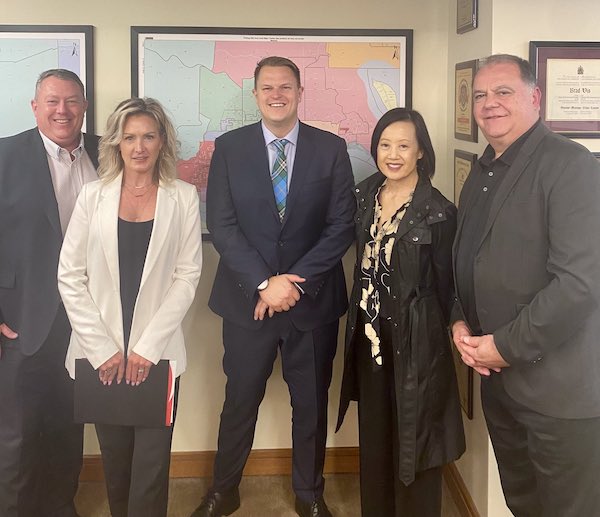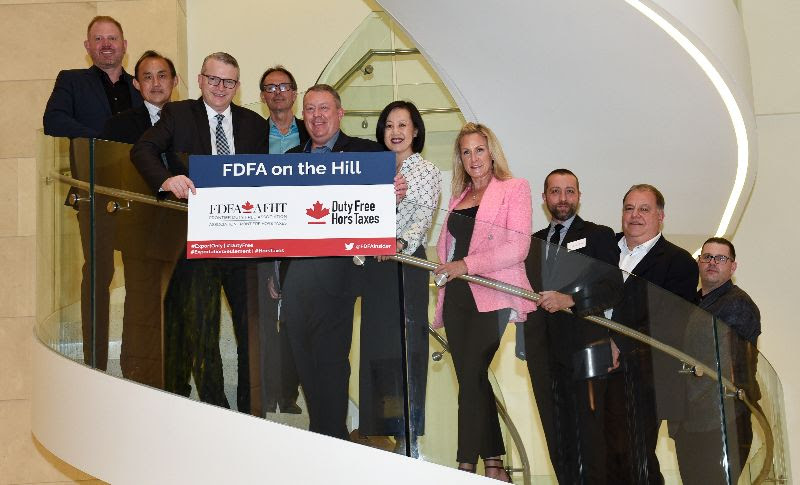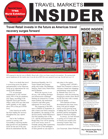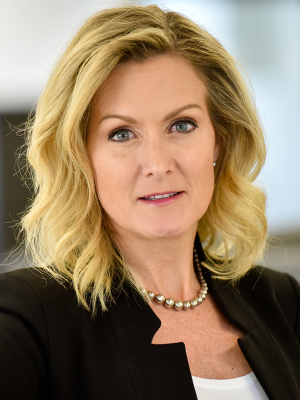
There was a sense of hopefulness at the 2023 Frontier Duty Free Association (FDFA) Convention held last month in Toronto, the first full gathering of Canadian land border operators, suppliers, and industry stakeholders since the pandemic.
While registration numbers were down 30% versus the last pre-COVID show in 2019, FDFA Executive Director Barbara Barrett tells TMI that she thinks better days are coming for the Canadian duty free industry.
“The general feeling of being back here at the convention has been so positive despite not being at the levels that we were before,” says Barrett. “The fact that we survived what we survived and we are here today now gathered as a convention is a testament to how resilient this industry is.”
.
Bringing back the Convention
Barrett tells TMI that holding the regular convention was critical for the FDFA. The convention’s theme ‘Building Tomorrow’ was set to inspire current and prospective members to work together to build back its strong and resilient industry after difficult times and to reposition Canada as global leader in the Duty Free Sector.
“Bringing people back together was a huge priority and we are thrilled that they are here, not back at normal levels yet, but I am more than confident that we will be by next year.”
FDFA President Tania Lee in her remarks at the Operator’s Meeting on the first day of the convention, reinforced Barrett’s message in a speech to her membership.
“We came together as an Association. We fought the fight to get us through. Some of us are recovering faster than others and we are seeing upward movement,” says Lee.
“We are working towards a full renewal of our industry and we will get there. There have been so many minor successes. I firmly believe that we are on an upward trend, that we have turned the page in our recovery. There is a growing sense of optimism that has purveyed our association and we have put in so much hard work into these initiatives and I think we are seeing the first stages of success.”
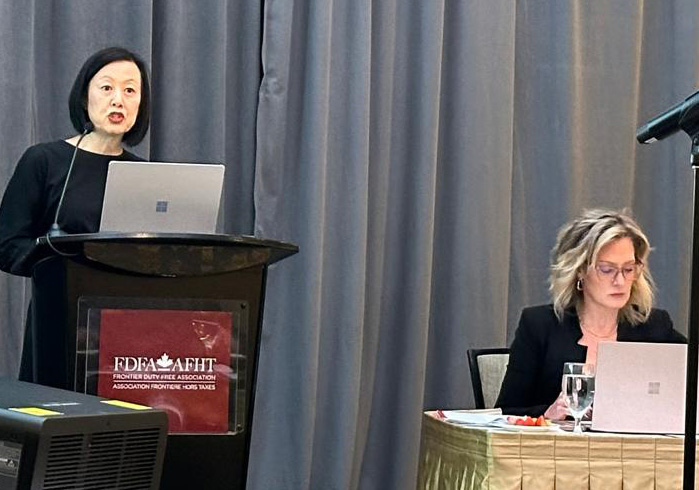
Still need for government financial assistance
Another major issue for the FDFA, which the Association has been working on since the border reopened is calling on Canada’s federal government to drop its repayment requirement of the CEBA loan that the U.S./Canada 20-month long border closure forced them to take on.
Earlier this year the FDFA released an economic analysis showing duty free sales remain down an average of 33% compared to pre-pandemic as of the July Canadian and American holidays, which are business indicators for the summer.
“We are still speaking with the government about financial packages help for the stores that still need it, specifically to receive loan forgiveness,” says Barrett. “I had a meeting with the Minister of Small Business yesterday about this issue. That is a continued conversation. It is an uphill battle, but I have not been deterred by uphill battles in the past.
“The business in Ontario is closer to being back to normal than all the other regions. The more remote, the more difficult business is. Farther west and farther east are still looking at 30% down from pre-pandemic levels. That is why we are still working hard to get the loans forgiven for those folks,” she stressed.
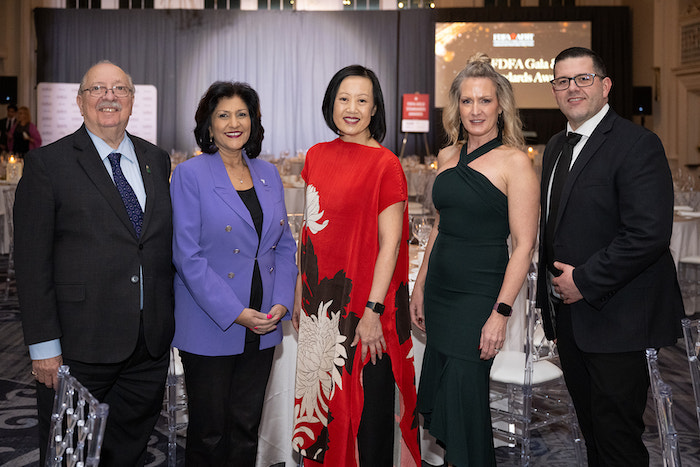
Barriers to recovery
Barrett says that certain Canadian federal regulations are not only hindering the industry from returning to pre-pandemic levels, but also preventing it from growing more.
“We are talking to the government about removing barriers such as taxes that don’t apply to us, regulations that should not apply to us, and, basically, taking their foot off of our necks so we can get back to business,” she argues.
“For the first time there is a domestic tax applied to us. Getting rid of it is a huge priority. We have to have them understand that we are an export only business and we need to be treated like an export business.
“We are learning that different departments of the government understand us differently, so they apply the word ‘export’ differently. We are trying to get an export understanding within the government so that all of the departments treat us the same way. It is not an easy task, but we want them to have an overarching understanding of how our business works.
“One of the issues that falls under this misunderstanding of our export designation was the labeling on some of our liquor bottles in Ontario, which were applying domestic regulations on our export industry. We were working very hard with the CFIA, the Canadian Food Inspection Agency that was the regulator, to get them to understand that those labeling regulations should not apply to us. We finally got them there. They have sent a letter down to the liquor boards that these regulations do not need to apply to us because we are export. This is a big win and we are taking that letter to the other departments to show them how it is being applied in this department. We are moving the needle, just nothing happens very quickly with the government.”
Key advocacy wins
There have been other wins for the FDFA as it lobbies the Canadian government.
The FDFA’s advocacy was integral in getting the government to drop the use of ArriveCAN on October 1, 2022, and its membership continues to interact with the government at all levels to help achieve its objectives.
“Goals are goals because they are hard. They told us the ArriveCan wouldn’t go away and we were a huge part of that going away. I am undeterred about whether it is hard or not,” says Barrett.
“We approach our advocacy from a very campaign approach, not just speaking with the Liberals who are in government now, but speaking with all the parties. So we want to educate all levels of government on who we are and what we do. Additionally, our members are very engaged at the grassroots level and the FDFA equips them with what they need to be able to do that. It is very important for our political leaders to hear from the folks in their constituency. And our members are very engaged.”
A future based on collaboration
FDFA President Lee punctuated her speech at the Operator’s Meeting with these final optimistic words.
“Someone said to me recently that they do not think we will ever get back to where we were in 2019. And you know what, I agree. I think we are creating a different duty free model for ourselves, one based on collaboration. I think that by leveraging all of our work and successes of the last few years I firmly believe that our industry is in line for a successful 2024.”




